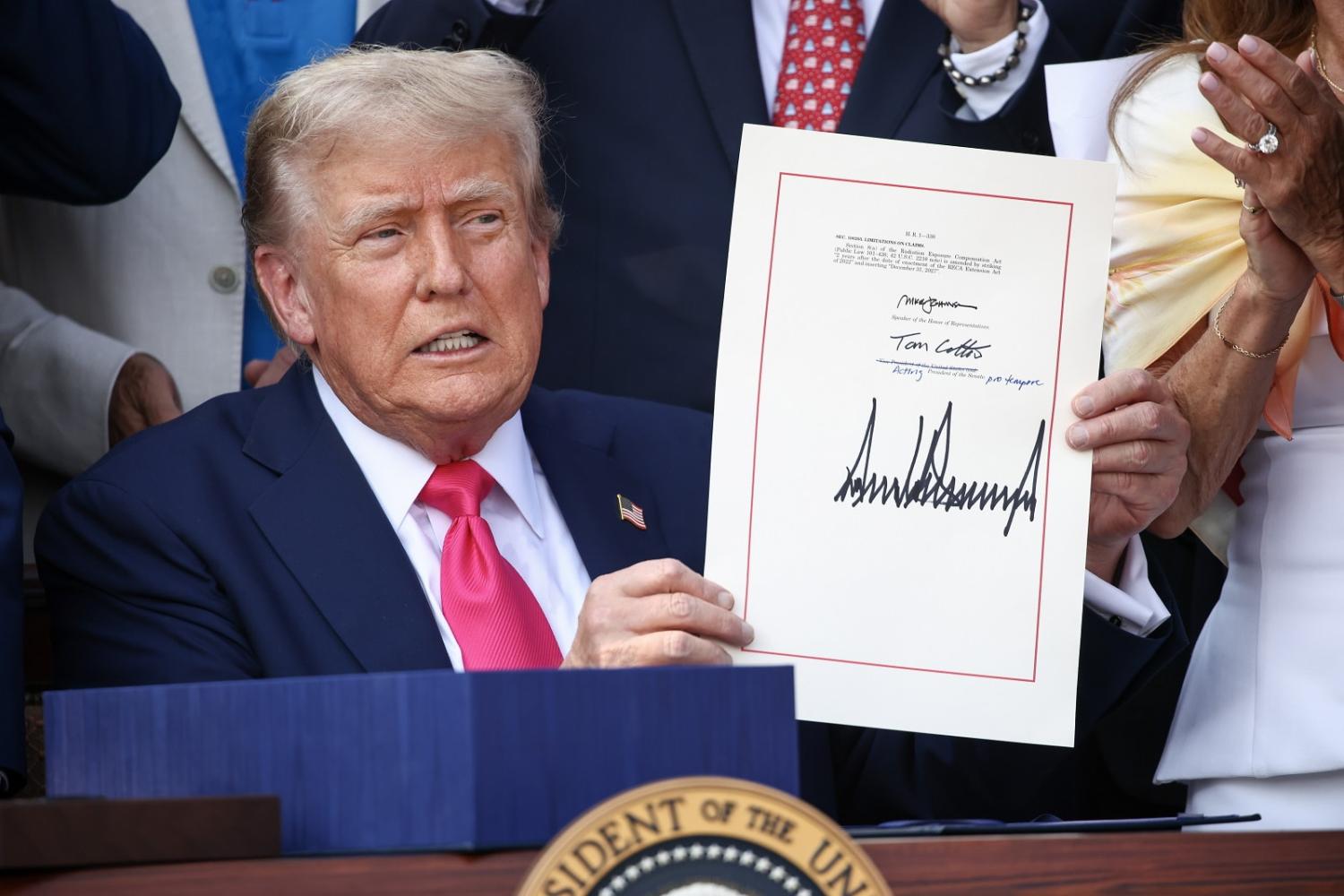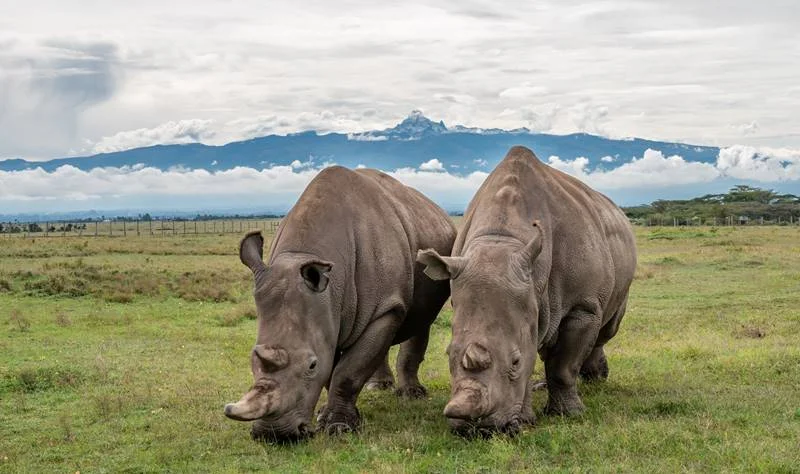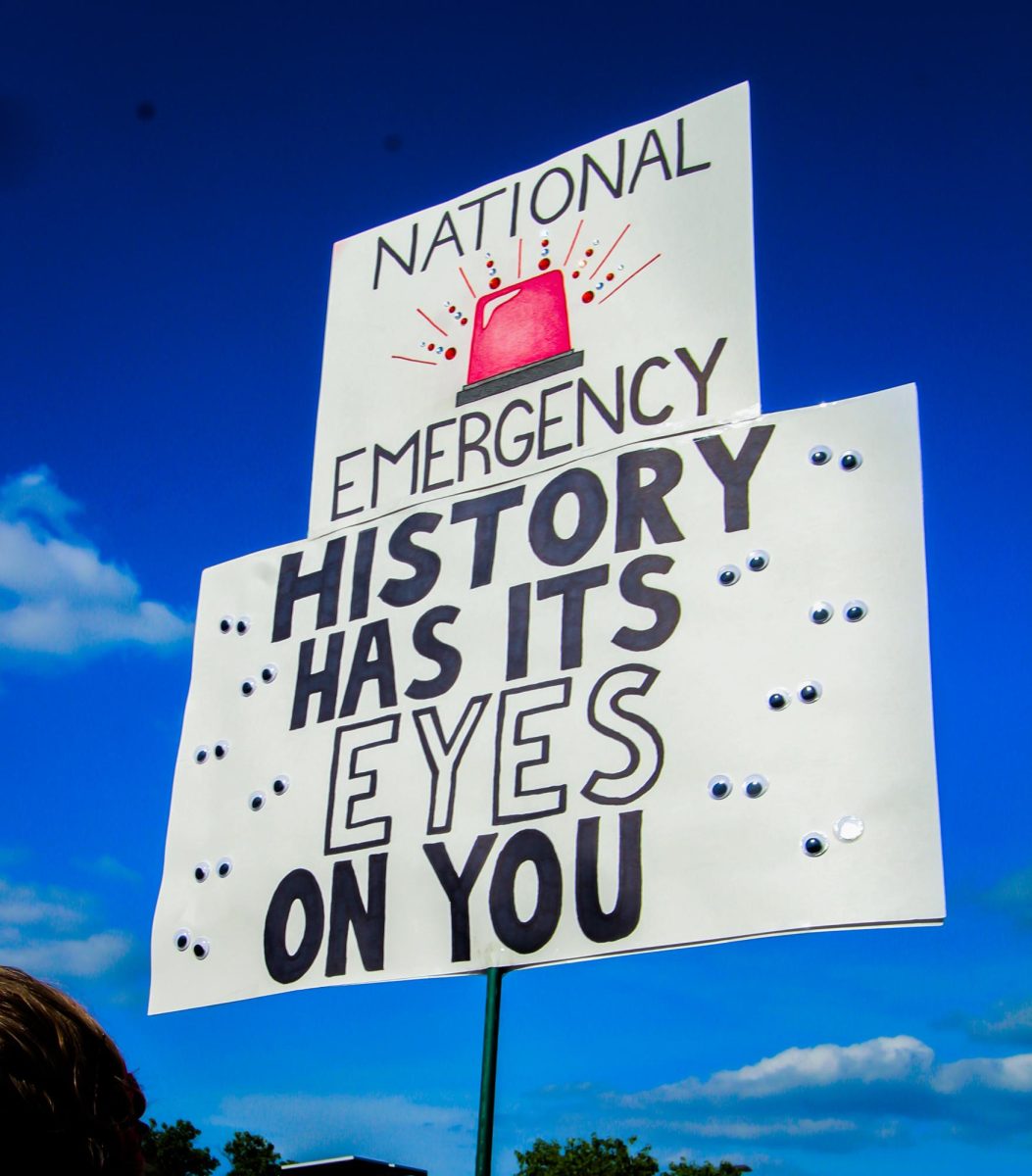On July 4, 2025, President Donald Trump signed into law the One Big Beautiful Bill Act. It was passed by the House of Representatives with a vote of 215-214 on May 22, 2025. After the bill made its way to the Senate and revisions were made, the bill was passed again, this time with a vote of 51-50. To pass the bill, Congress employed a budgetary process called reconciliation, which allowed the bill to pass with a simple majority vote instead of the usual requirement of 60 votes. Three Republican senators joined all Democrats and independents in voting against the bill. Vice President J.D. Vance was the tie-breaker, resulting in the 51-50 vote favoring the bill.
This bill encompasses a wide range of changes to existing law. As of now, public attention is focused on the effects the bill will have on the American healthcare system, specifically regarding Medicare, Medicaid and the Affordable Care Act (ACA) marketplace. These programs are among many that are now facing budget cuts and reduced federal funding.
As of April 2025, a total of 78,382,471 people across the United States and the District of Columbia were enrolled in Medicaid and the Children’s Health Insurance Program (CHIP). Of these, 37,277,746 were children, representing 47.6 percent of enrollees. This means that nearly 50 percent of the people who are currently facing the possibility of losing their coverage are children.
In the state of Nebraska alone, 340,215 people were reportedly covered by Medicaid or CHIP, which is roughly 17% of the state’s population. 175,316 people included within that data are children enrolled in Medicaid or CHIP. The number of people in the state of Nebraska who are uninsured is estimated to increase by 39,000.
In the state of Nebraska alone, 340,215 people were covered by Medicaid or CHIP, which is roughly 17 percent of the state’s population. Of that number, 175,316 are children enrolled in Medicaid or CHIP. The number of people in Nebraska who are uninsured is estimated to increase by 39,000.
In response to the new bill, the Congressional Budget Office predicts that roughly 11.8 million people will lose their health care coverage by 2034. An additional 5.1 million are expected to lose coverage because of policy changes regarding eligibility for these programs. The One Big Beautiful Bill Act is also projected to increase the overall number of uninsured individuals.
The American Rescue Plan Act of 2021 removed the original cap of 400 percent of the federal poverty line to qualify for the ACA’s premium tax credit. That expansion made more people eligible for the program, lowering the amount they paid for coverage. The new law reinstates the cap, which analysts say could cause many people to drop their coverage due to higher costs. Experts have warned that eligible individuals dropping their coverage because of rising prices could destabilize the market.
These programs, and many others, are losing federal funding while $170.7 billion is directed toward immigration and border control agencies, including the Department of Homeland Security (DHS), Immigration and Customs Enforcement (ICE), Customs and Border Protection (CBP) and the Department of Defense. The funds were established through the reconciliation process, limiting Congress’s ability to direct how they are spent.
The largest expense from that total, $51.6 billion, will go toward reconstruction and maintenance of the border wall, customs checkpoints and related facilities. Supporters say the funding strengthens border security, while critics argue it reduces access to health care for millions.














